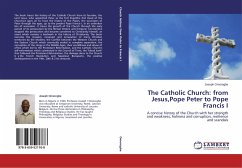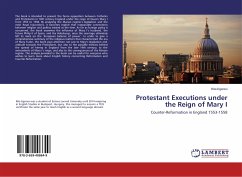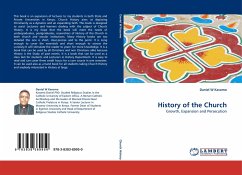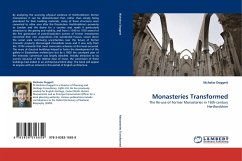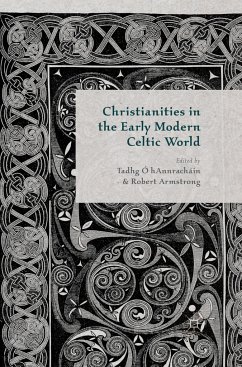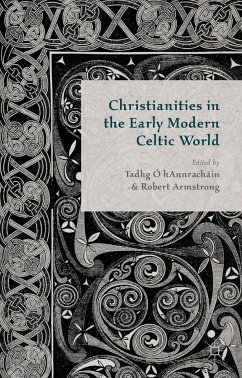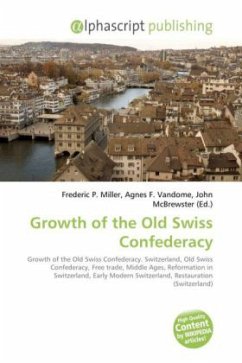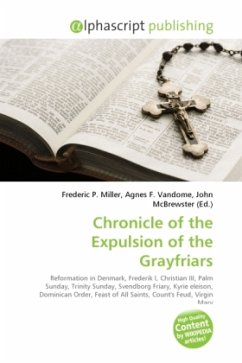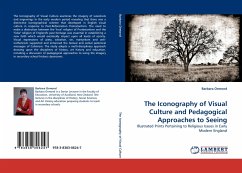
The Iconography of Visual Culture and Pedagogical Approaches to Seeing
Illustrated Prints Pertaining to Religious Issues in Early Modern England
Versandkostenfrei!
Versandfertig in 6-10 Tagen
45,99 €
inkl. MwSt.

PAYBACK Punkte
23 °P sammeln!
The Iconography of Visual Culture examines the imagery of woodcuts and engravings in the early modern period revealing that there was a distinctive iconographical scheme that developed in English visual culture in response to Post-Reformation Protestantism. The need to make a distinction between the "true" religion of Protestantism and the "false" religion of England's past heritage was essential in establishing a new faith which would eventually impact upon all levels of society. Visual expressions of piety, salvation, sin, martyrdom and anti-Catholicism supported and enhanced the textual and...
The Iconography of Visual Culture examines the imagery of woodcuts and engravings in the early modern period revealing that there was a distinctive iconographical scheme that developed in English visual culture in response to Post-Reformation Protestantism. The need to make a distinction between the "true" religion of Protestantism and the "false" religion of England's past heritage was essential in establishing a new faith which would eventually impact upon all levels of society. Visual expressions of piety, salvation, sin, martyrdom and anti-Catholicism supported and enhanced the textual and verbal polemical messages of Calvinism. The study adopts a multi-disciplinary approach drawing upon the disciplines of history, art history and education, including a discussion of pedagogical approaches to using the imagery in secondary school history classrooms.



